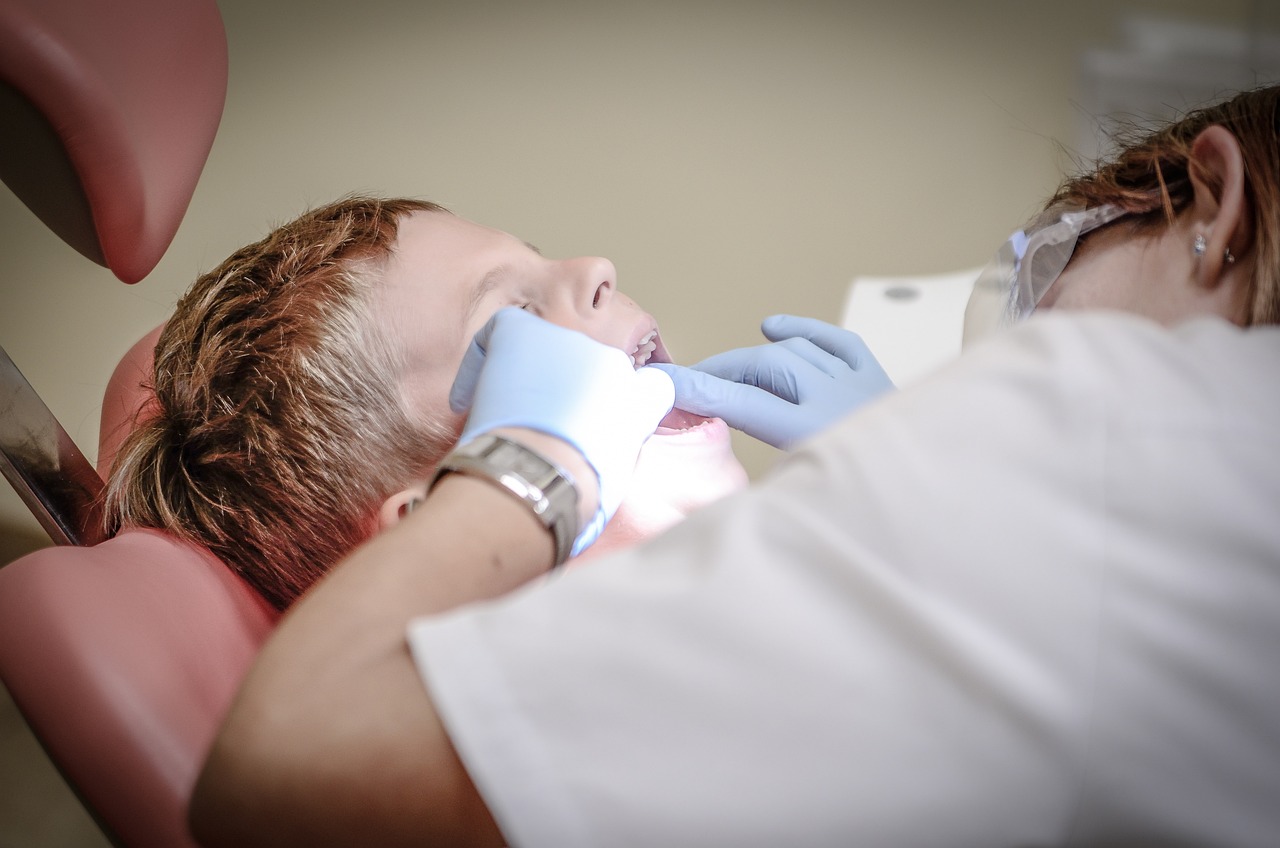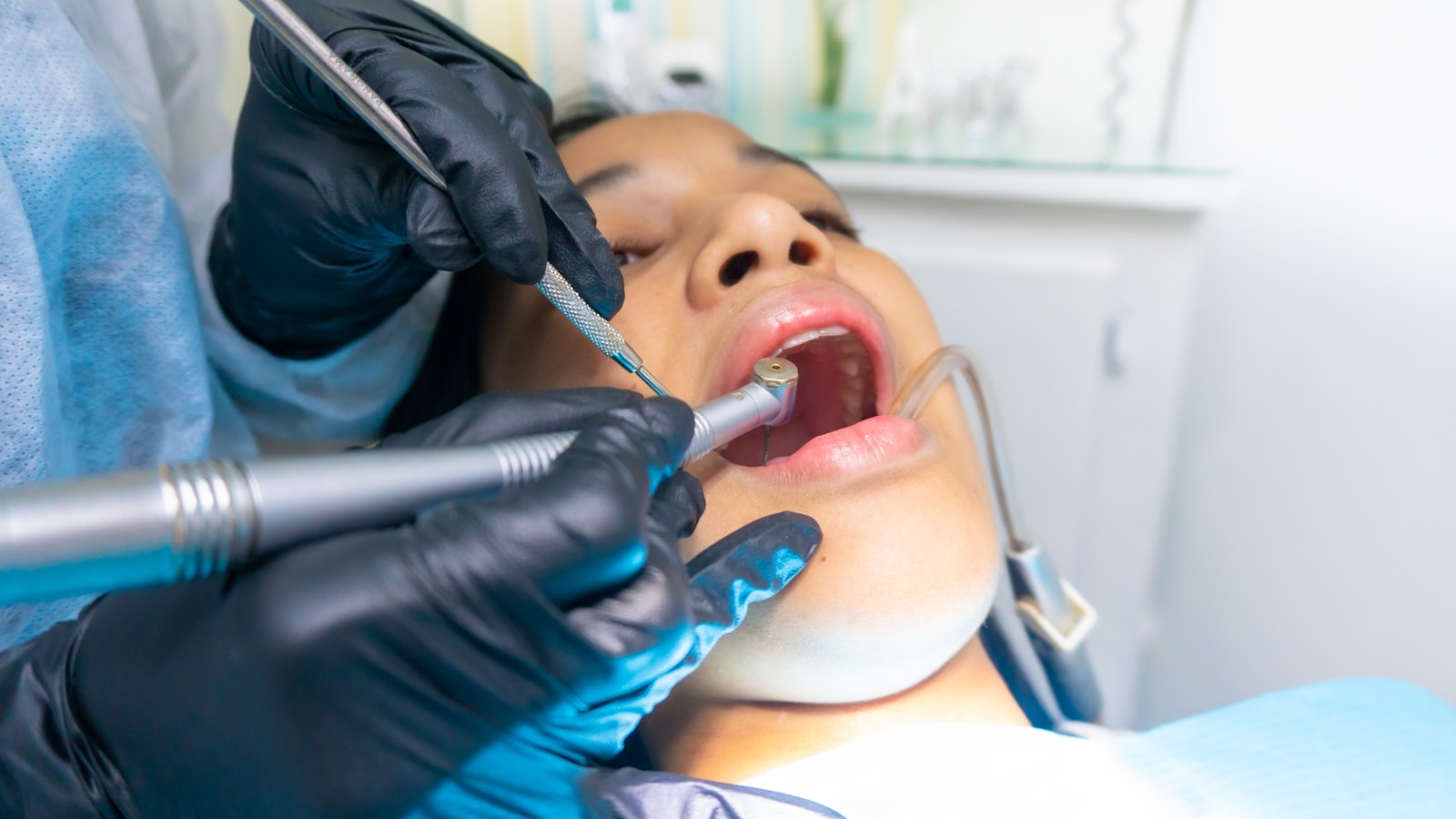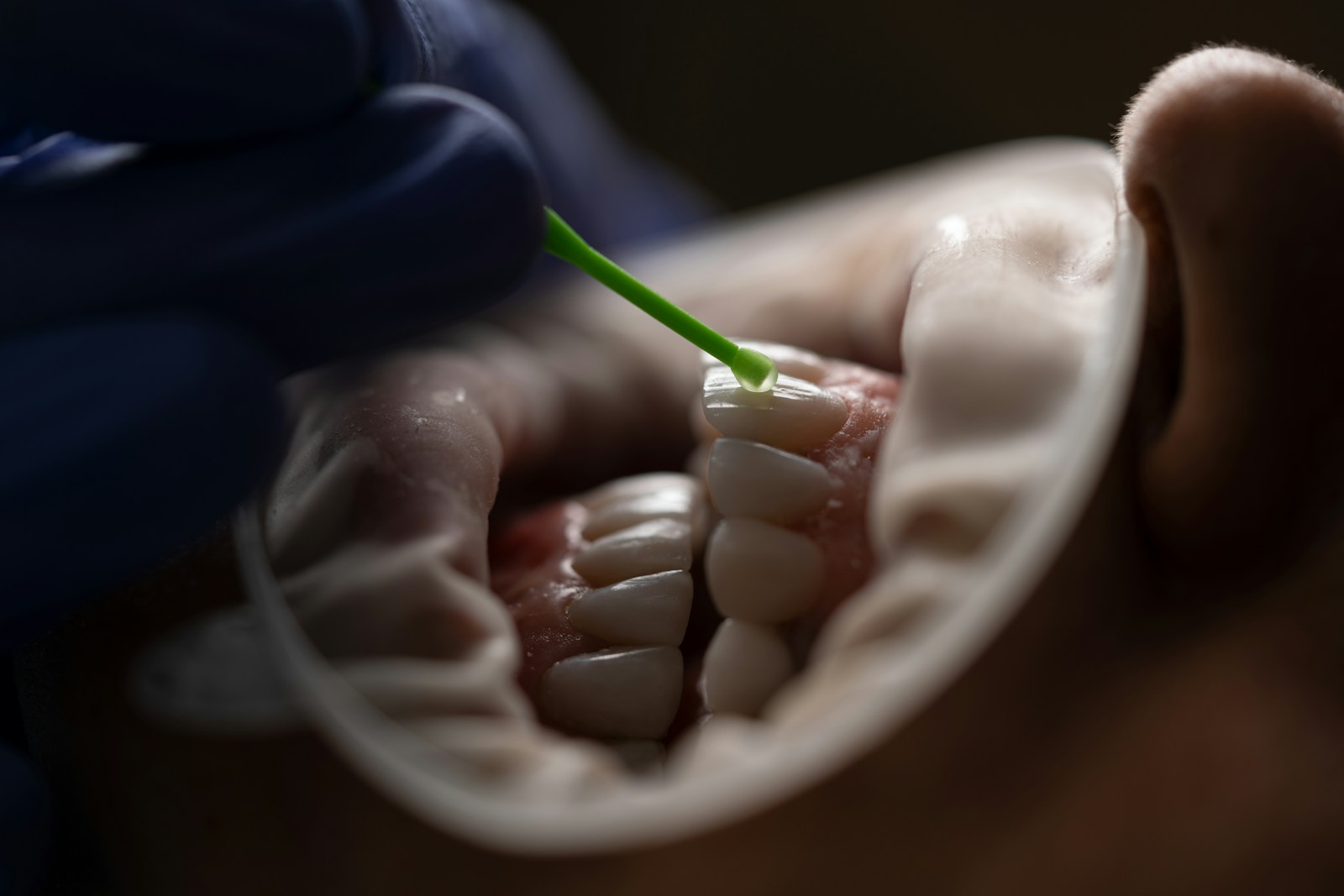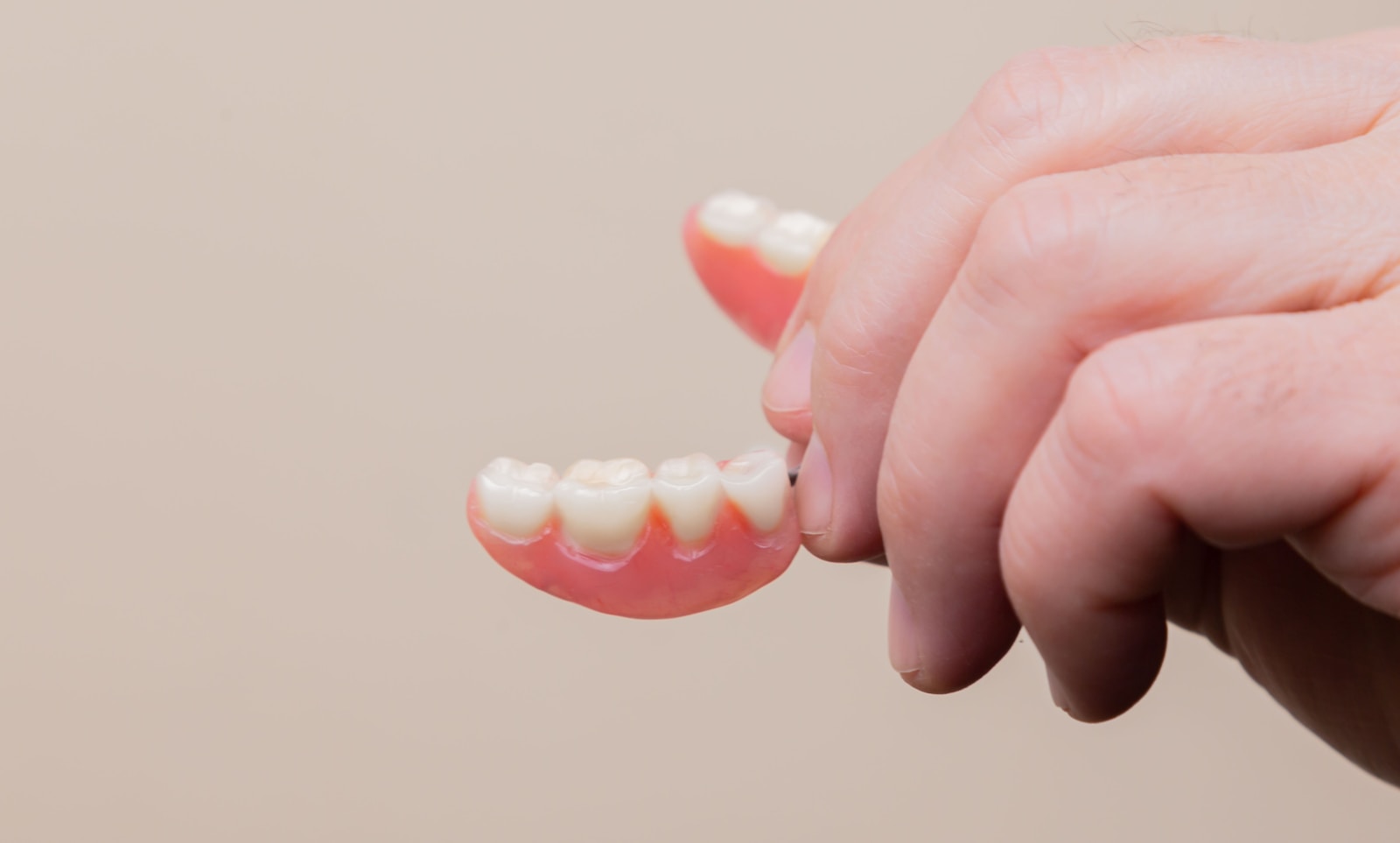Dental emergencies can strike at any time, causing pain and discomfort that can disrupt your daily life. It’s important to be prepared and know how to handle common dental emergencies when they arise. From toothaches to broken braces, being aware of what to watch out for and how to respond can make a significant difference in managing the situation effectively. In this article, we will discuss 5 common dental emergencies to watch out for and provide tips on how to handle them.
Dental Emergencies: What to Watch Out for
Dental emergencies can encompass a wide range of issues, from sudden toothaches to injuries to the jaw. Some common dental emergencies to watch out for include toothaches, knocked-out teeth, cracked or chipped teeth, lost fillings or crowns, abscessed teeth, broken braces, soft tissue injuries, jaw injuries, and objects stuck between teeth. Being aware of the signs and symptoms of these emergencies can help you respond promptly and seek the necessary dental care.

Common Dental Emergencies: Be Prepared
It’s essential to be prepared for dental emergencies by having a dental first aid kit on hand. This kit should include items such as gauze, over-the-counter pain medication, a small container with a lid for storing a knocked-out tooth, and the contact information for your dentist. Being prepared can help you respond quickly and effectively in the event of a dental emergency.
Toothaches: Causes and Remedies
Toothaches can be caused by various issues, including cavities, gum disease, or dental trauma. If you experience a toothache, rinse your mouth with warm water and floss to remove any food particles that may be causing the pain. Over-the-counter pain medication can help alleviate discomfort until you can see your dentist for further evaluation and treatment.
Knocked-Out Tooth: What to Do Next
If you have a knocked-out tooth, it’s crucial to act quickly. Pick up the tooth by the crown, not the root, and rinse it gently with water. Try to reinsert the tooth back into its socket, or store it in a container filled with milk or saliva until you can see your dentist. Time is of the essence when dealing with a knocked-out tooth, so seek emergency dental care as soon as possible.

Cracked or Chipped Tooth: Immediate Care
A cracked or chipped tooth can be painful and may expose the inner layers of the tooth to bacteria, leading to infection. Rinse your mouth with warm water and apply a cold compress to reduce swelling. Avoid chewing on the affected tooth and see your dentist promptly for evaluation and treatment. Depending on the severity of the crack or chip, your dentist may recommend a filling, crown, or other restorative treatment.
Lost Filling or Crown: Emergency Solutions
If you lose a filling or crown, it’s essential to see your dentist as soon as possible to prevent further damage to the tooth. In the meantime, you can try temporarily reattaching the crown with dental cement or sugar-free gum. Avoid chewing on the affected tooth and seek professional dental care to have the filling or crown replaced promptly.
Abscessed Tooth: Signs and Treatment
An abscessed tooth is a serious dental infection that can cause severe pain, swelling, and fever. If you suspect you have an abscessed tooth, seek emergency dental care immediately. Your dentist may need to drain the abscess and prescribe antibiotics to clear the infection. Ignoring an abscessed tooth can lead to complications, so prompt treatment is crucial.

Broken Braces: Handling the Situation
If you have broken braces, try to gently push any protruding wires back into place using a pencil eraser or cotton swab. Cover sharp edges with dental wax to prevent irritation to the inside of your mouth. Contact your orthodontist for an emergency appointment to repair or replace the broken braces and ensure your treatment progresses smoothly.
Soft Tissue Injuries: First Aid Tips
Injuries to the soft tissues of the mouth, such as the gums, lips, or tongue, can be painful and prone to infection. Rinse your mouth with warm saltwater to clean the area and apply pressure with a clean gauze to stop any bleeding. If the bleeding persists or the injury is severe, seek emergency dental care for further evaluation and treatment.
Jaw Injuries: Emergency Response
Jaw injuries can result from trauma or accidents and may cause pain, swelling, or difficulty opening and closing the mouth. Apply a cold compress to reduce swelling and seek emergency medical attention if you suspect a jaw injury. Your dentist or oral surgeon may need to evaluate the injury and provide appropriate treatment to ensure proper healing.

Objects Stuck Between Teeth: Quick Fixes
If you have an object stuck between your teeth, try using dental floss to gently remove it. Avoid using sharp objects or excessive force that could damage your gums or teeth. If you’re unable to dislodge the object, see your dentist for assistance. Ignoring the issue can lead to inflammation or infection, so it’s best to address it promptly.
Preventing Dental Emergencies: Tips and Advice
While some dental emergencies are unavoidable, there are steps you can take to reduce your risk of experiencing them. Practice good oral hygiene by brushing and flossing regularly, avoid chewing on hard objects or using your teeth as tools, wear a mouthguard during sports or physical activities, and schedule regular dental check-ups to address any potential issues before they escalate. By taking preventive measures, you can help protect your oral health and reduce the likelihood of dental emergencies.
Being prepared for dental emergencies and knowing how to respond can make a significant difference in managing the situation effectively. By familiarizing yourself with common dental emergencies, such as toothaches, knocked-out teeth, and broken braces, you can take the necessary steps to seek prompt dental care and alleviate discomfort. Remember to stay calm, follow first aid tips, and contact your dentist for emergency assistance when needed. Your oral health is essential, so don’t hesitate to address dental emergencies promptly to ensure proper treatment and recovery.












